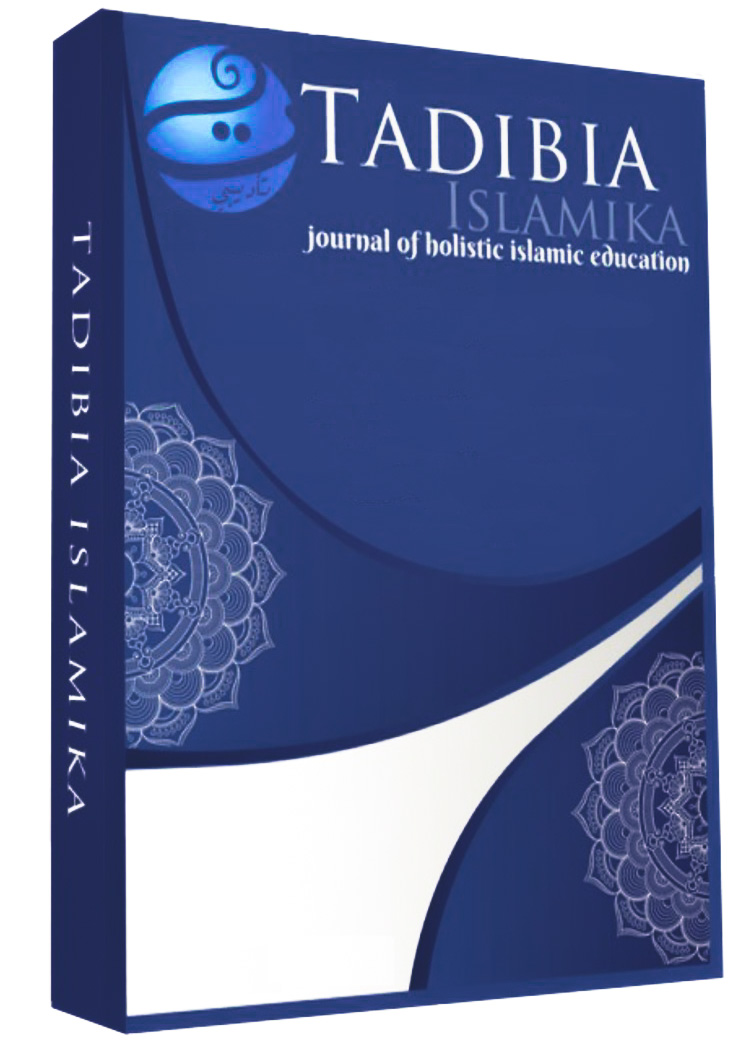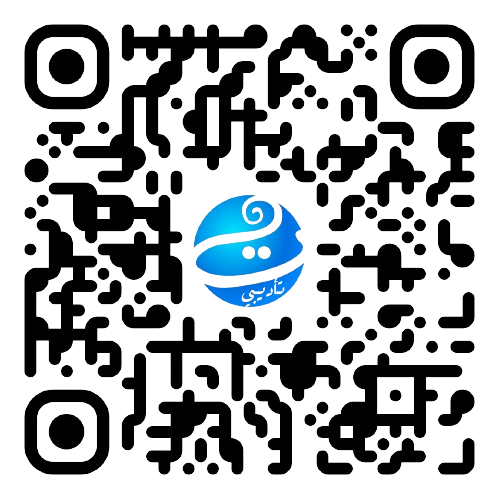Implementing STEAM education in the independent curriculum: Enhancing 21st century skills
DOI:
https://doi.org/10.28918/tadibia.v4i1.7238Keywords:
21st century skills, critical thinking, independent curriculum, project-based learning, STEAM educationAbstract
STEAM education integrates the elements of science, technology, engineering, art, and mathematics into a cohesive learning model. This interdisciplinary approach not only enhances students' academic skills but also fosters critical thinking, creativity, and innovation. In this context, STEAM education emerges as a promising alternative to traditional teaching methods, aligning well with the goals of the independent curriculum. The primary objective of this study is to explore and elucidate the implementation of STEAM education within the framework of the independent curriculum. Researchers adopted a descriptive qualitative research methodology, focusing on comprehensive literature reviews to gather relevant data. This method allowed for a detailed examination of existing studies and practices related to STEAM education. The study's findings reveal that integrating STEAM into the curriculum offers a multifaceted approach to teaching. It encourages students to engage in project-based learning, which promotes hands-on experience and practical application of theoretical knowledge. Through these projects, students are not only exposed to technological tools and mathematical concepts but also learn to observe and analyze real-world phenomena critically. Furthermore, STEAM education's emphasis on art alongside traditional STEM subjects nurtures a holistic development, fostering both analytical and creative skills. This blend of skills is crucial for preparing students to navigate and succeed in an increasingly complex and dynamic world. In conclusion, the implementation of STEAM-based education within the independent curriculum can significantly contribute to developing 21st-century skills. By fostering critical thinking, creativity, and innovative problem-solving abilities, STEAM education aligns with and supports the overarching goals of the independent curriculum, making it a valuable educational strategy for modern learning environments.
References
Agus, G. S. (2024). Mengungkap filsafat pendidikan di balik Kurikulum Merdeka. Bandung: Nilacakra.
Arsy, I., & Syamsulrizal, S. (2021). Pengaruh pembelajaran STEAM (Science, Technology, Engineering, Arts, and Mathematics) terhadap kreativitas peserta didik. Biolearning Journal, 8(1), 24-26.
Basuki, S. (2010). Metode penelitian. Jakarta: Penaku.
Daga, A. T. (2021). Makna merdeka belajar dan penguatan peran guru di sekolah dasar. Jurnal Educatio Fkip Unma, 7(3), 1075-1090.
Efendi, P. M., Muhtar, T., & Herlambang, Y. T. (2023). Relevansi Kurikulum Merdeka dengan konsepsi Ki Hadjar Dewantara: Studi kritis dalam perspektif filosofis-pedagogis. Jurnal Elementaria Edukasia, 6(2), 548-561.
Farhana, I. (2022). Kemerdekaan pikir dengan Kurikulum Merdeka: Memahami konsep hingga penulisan praktik baik pembelajaran di kelas. Bogor: Penerbit Lindan Bestari.
Roshayanti, F., et al. (2022). Model pembelajaran berbasis STEAM. Pekalongan: PT. Nasya Expanding Management.
Imamah, Z., & Muqowim, M. (2020). Pengembangan kreativitas dan berpikir kritis pada anak usia dini melalui metode pembelajaran berbasis STEAM and loose part. Yinyang: Jurnal Studi Islam Gender Dan Anak, 263-278.
Motimona, P. D., & Maryatun, I. B. (2023). Implementasi metode pembelajaran STEAM pada Kurikulum Merdeka pada PAUD. Jurnal Obsesi: Jurnal Pendidikan Anak Usia Dini, 7(6), 6493-6504.
Noperman, F. (2024). Strategi pembelajaran sains abad 21. Jakarta: Gramedia.
Nurohmah, A. N., Kartini, D., & Rustini, T. (2023). Relevansi kebijakan Kurikulum Merdeka dengan pendidikan abad 21 pada pembelajaran IPS di SD. Jurnal Ilmiah Wahana Pendidikan, 9(3), 24-35.
Putri, M. A., Wulandari, C., & Febriastuti, A. R. (2021). Implementasi pendekatan pembelajaran STEAM berbahan loose part dalam mengembangkan ketrampilan abad 21 pada anak usia dini. ABNA: Journal of Islamic Early Childhood Education, 2(2), 118-130.
Rahmayanti, H., et al. (2023). Pembelajaran lingkungan berbasis STEAM. Yogyakarta: Selat Media Patners.
Rukajat, A. (2018). Pendekatan penelitian kualitatif (Qualitative research approach). Yogyakarta: Deepublish.
Siregar, T. E., Santoso, A., & Dewi, R. S. I. (2023). Analisis penggunaan bahan ajar IPAS berbasis STEAM untuk memfasilitasi literasi sains pada siswa kelas V sekolah dasar. Jurnal Perseda: Jurnal Pendidikan Guru Sekolah Dasar, 6(3), 258-267.
Sugiyono. (2005). Memahami penelitian kualitatif. Bandung: CV. Alfabeta.
Umami, M. R., Saputra, H. J., & Kiswoyo, K. (2023). Efektivitas pembelajaran melalui STEAM pada Kurikulum Merdeka di SDN Palebon 01 Semarang. Wawasan Pendidikan, 3(2), 669-678.
Widyastuti, A. (2022). Merdeka belajar dan implementasinya. Jakarta: PT. Alex Media Komputindo.
Zaeni, A., et al. (2023). Kurikulum Merdeka pada pembelajaran di madrasah. Pekalongan: PT. Nasya Expanding Management.
Downloads
Published
How to Cite
Issue
Section
License
Copyright (c) 2024 Nur Ismiati

This work is licensed under a Creative Commons Attribution-ShareAlike 4.0 International License.



















